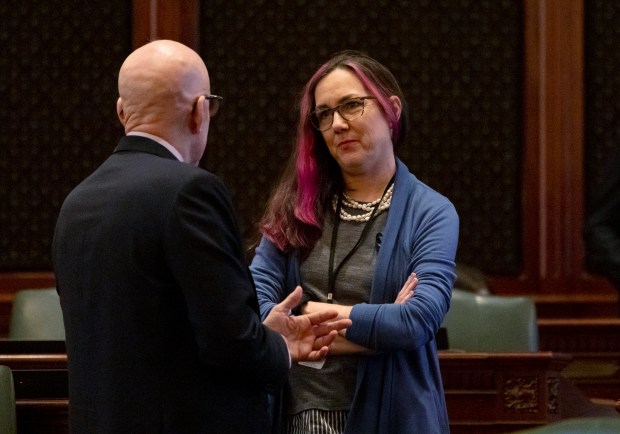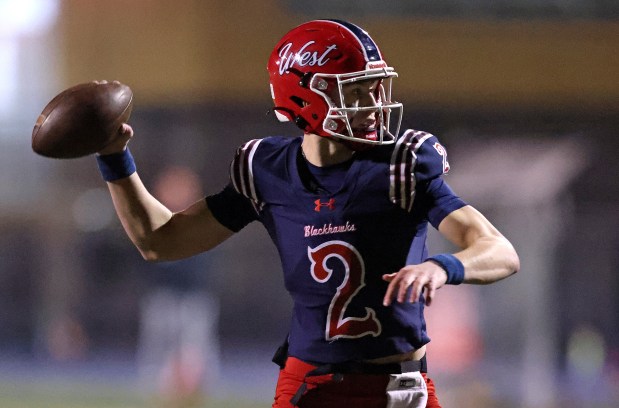Local Democratic lawmakers on Tuesday blamed Republican tax code and education laws they say punish traditional public schools.
State Rep. Earl Harris, D-East Chicago; Rep. Carolyn Jackson, D-Hammond; and State Sen. Lonnie Randolph, D-East Chicago, issued a release after the Hammond School Board voted April 23 to close three neighborhood elementary schools. The move led to the layoffs of 173 employees.
The closings will require the relocation of about 1,110 students, who will be sent to other schools.
The move came amidst a storm of public criticism and friction among school board members as the district tries to avoid state intervention.
Teachers called off work the day after the board vote causing the district to close schools. Some students walked out of classes on April 26 at Hammond Central High School and at Scott Middle School in protest of the closings and layoffs.
In November, voters overwhelmingly rejected the continuation of a property tax referendum that would have provided a lifeline for the schools, adding about $15 million for eight years to the district’s budget.
“With this referendum, the people of Hammond have made it clear: they do not want to keep picking up the tab for public schools Republicans have abandoned,” said Earl Harris, D-East Chicago.
Harris said the vast majority of Indiana students attend public schools yet they’ve received the smallest percentages of funding increases in recent budget cycles.
Instead, Harris lamented state money was routed to charter schools and private schools through the state’s CHOICE voucher program.
“It’s death by a thousand budget cuts, and the people of Hammond deserve a tax code that supports educators and students instead of punishing them,” said Harris.
School leaders also say Republicans, who control the House and Senate chambers as well as the governor’s office, added what they termed confusing language to the referendum question last year. They said the wording suggested a “yes” vote would increase their property taxes.
A ”yes” vote ensures the continuation of the current referendum, frustrated school officials said.
Last year, school referendums failed in Lake Station, Hammond and Whiting. Lake Station lost by just 14 votes and it’s likely the district will try again in November.
Under a 2006 state law ushered in by GOP lawmakers, school districts must ask voters for more revenue if they want to exceed the 2% tax cap, a measure lawmakers felt would offer homeowners more property tax stability.
Democrats said research by the Indiana School Boards Association showed property tax caps that went into effect in 2009, after voters opted to enshrine them in the state constitution, have reduced funding for Indiana school corporations by more than $3.5 billion.
Jackson said the state needs to re-evaluate how it funds public schools.
“It should never have gotten to this point. Public education should not be so dependent on property taxes that a community faces mass layoffs and school closures when they decide they don’t want to front the bill for something the state is required to fund.”
Randolph suggested Republicans should consider examining the property tax cap school fallout and weigh repealing the measure.
“If nothing else, this will give all interested educational parties additional facts in which to examine the financing of public schools,” Randolph said.
Carole Carlson is a freelance reporter for the Post-Tribune.




